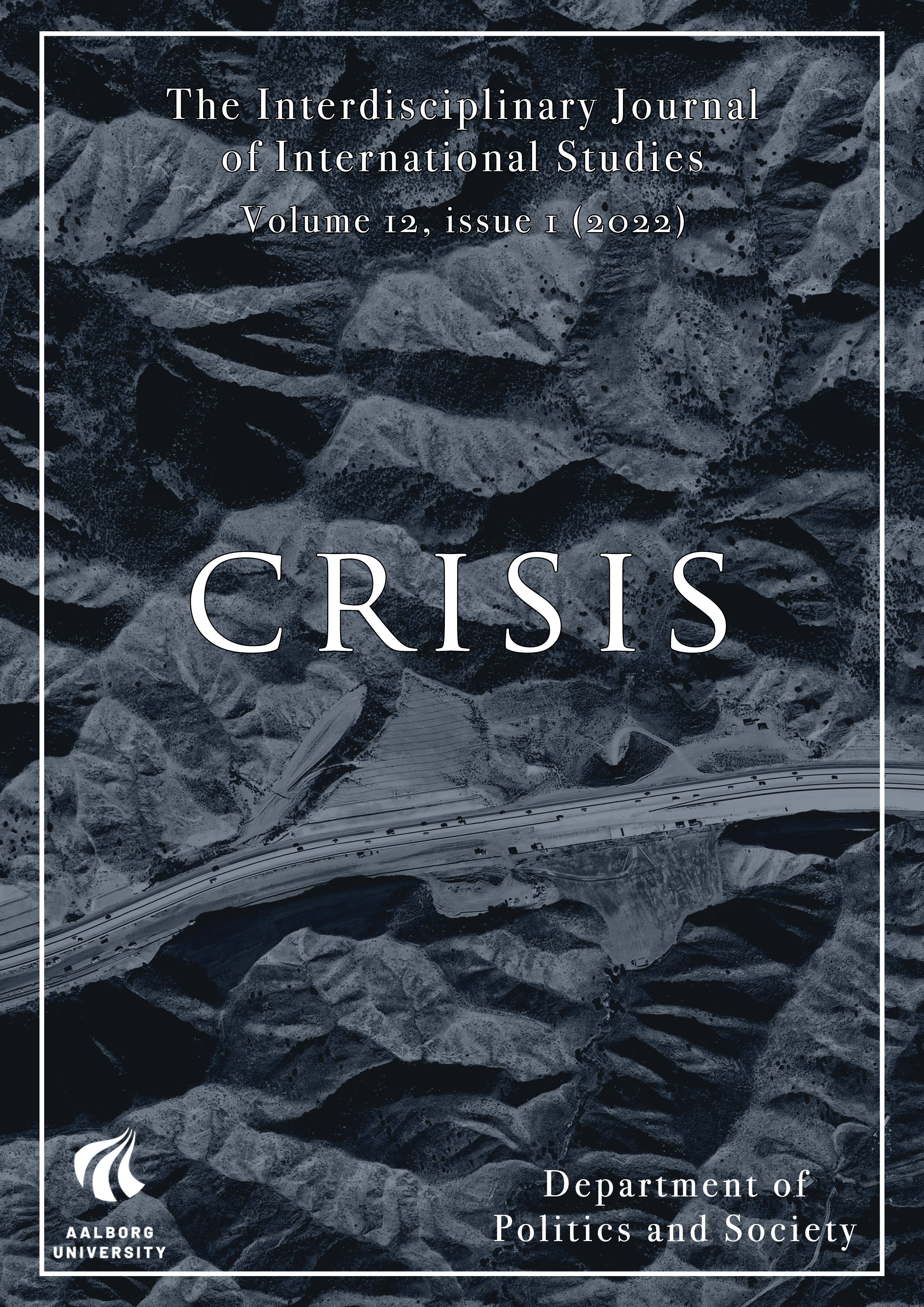Parallel discursive arenas and LGBT Asylum: enhancing the protection of LGBT+ people on the run outside of Europe
DOI:
https://doi.org/10.5278/ojs.ijis.v12i1.7143Abstract
More than 70 countries in the world criminalize same-sex sexual activity or the “promotion” of such activity (ILGA, 2017, as cited in Vitikainen, 2020, p. 64). Beyond criminalization, LGBT+ people across the world are subject to stigma and other disadvantages and dangers (Vitikainen, 2020, p. 64) that might force them to flee and seek protection as “refugees” in a different country. However, discourses of “crisis” that are often used when addressing humanitarian emergencies, such as the so-called “refugee crisis” of 2015, might conceal the diversity of displaced populations and the specific needs of different categories of refugees, including LGBT+ refugees.
This essay discusses the problems of the “crisis” vocabulary and the potential of the categorization of “LGBT+ refugees” to recognize the specifics of their plight and develop humanitarian responses better adapted to their needs. Furthermore, it presents the example of a workshop which can be considered as a “parallel discursive arena” where students and professionals working with refugees could reflect on the identities, interests, and needs of LGBT+ refugees and work towards rights-based humanitarian strategies to tackle the challenges faced by LGBT+ people on the run outside of Europe.
Downloads
Published
Issue
Section
License
Authors who provide articles, essays or book reviews to the Interdisciplinary Journal of International Studies agree to release their publications under the Creative Commons Attribution-Noncommercial 3.0 Unported license, which allows anyone to share their work (copy, distribute, transmit) and to adapt it for non-commercial purposes, provided that appropriate attribution is made and that, in the event of reuse or distribution, the terms of this license are made clear.
Authors retain copyright of their work and grant the journal right of first publication.
Authors are able to enter into separate, additional contractual arrangements for the non-exclusive distribution of the journal's published version of the work (e.g., post it to an institutional repository or publish it in a book), with an acknowledgement of its initial publication in this journal.

